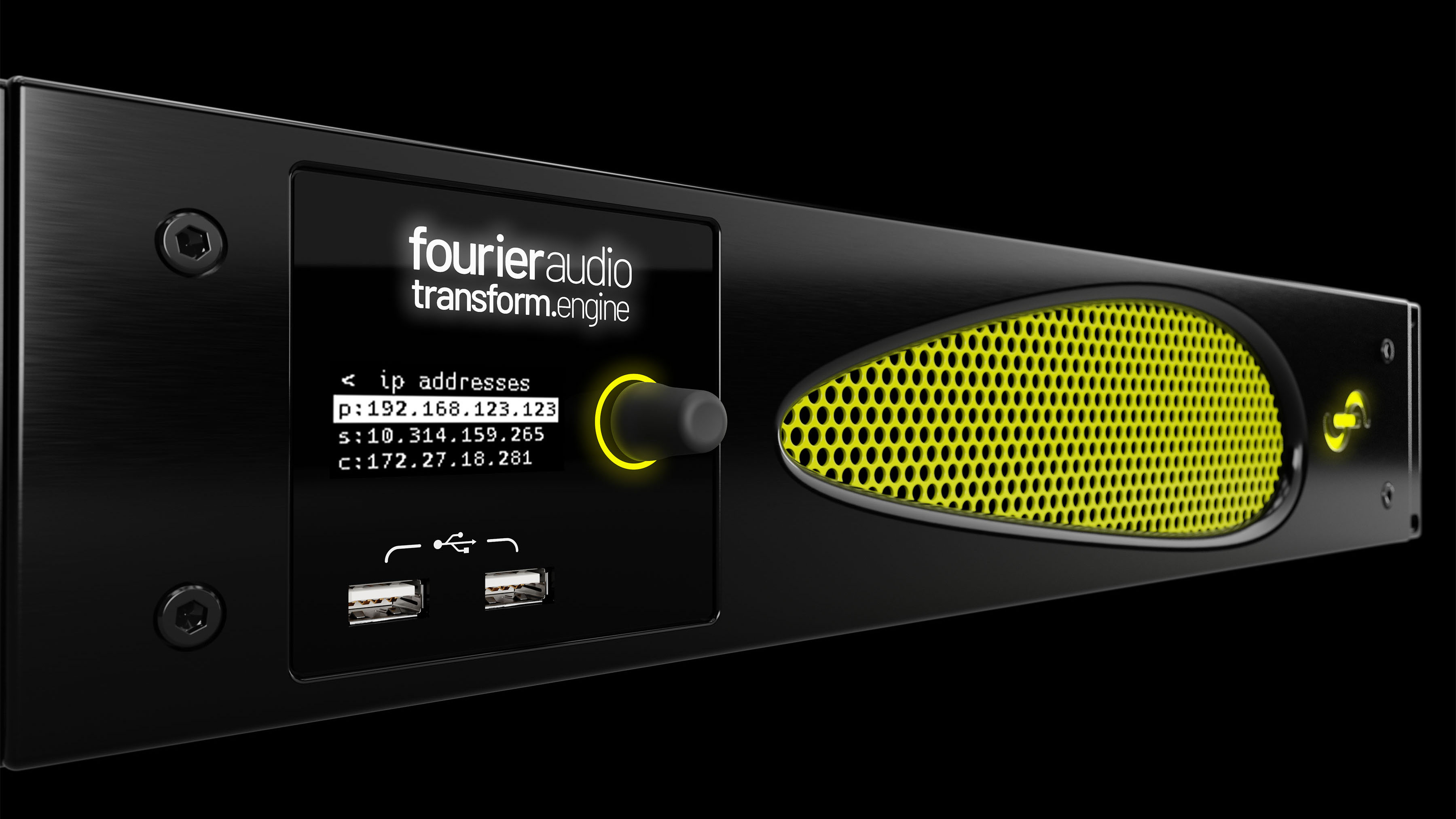Earlier this fall, it was announced that DiGiCo had acquired U.K.-based live software developer and manufacturer, Fourier Audio. Now, the two are set to unveil its transform.engine at AES (stand 823).
Housed in a 2U touring-grade chassis with dual redundant power supplies, the new transform.engine is a Dante-connected server designed to run all VST3-native software plugins in a live environment, bringing premium studio software to live sound and broadcast applications. Fully compatible with any VST3 plugin that can run on Windows, the new device gives engineers and creatives access to the very best studio-grade processing on a robust platform that is specifically designed for the rigors and complexities of live productions.
[The Integration Guide to Dante-Enabled AV 2023]
Designed as a turnkey solution for plug-in hosting, the transform.engine is easily controlled by a remote Windows or macOS client application, reducing the need for complex setups. Users can simply connect to the engine via a standard Ethernet cable, install their plug-ins, and get directly to processing.
For reliability, Fourier Audio’s patent-pending audio software engine provides a rock-solid sandbox with plugins ring-fenced from each other. Should a plugin crash, the rest of the system will not only be unaffected, but the transform.engine will immediately restart that plugin, quickly restoring the original integrity of the mix.
Designed to be integrated directly into live audio workflows, transform.engine will soon put control of plugins directly under the fingers of engineers on their own worksurfaces, starting with DiGiCo consoles. However, similar to products from sibling brand KLANG:technologies, the new Fourier Audio device is fully capable of operating in conjunction with virtually any professional digital console on the market via Dante, using the Windows/macOS application to control the engine.
[21 New Audio Products for Meeting Spaces and Classroom Collaboration]
The transform.engine can also process audio standalone with no computer required. Controlled remotely by a Windows/macOS application, with plugin user interfaces “teleported” and controlled in ultra-low-latency over the network, the product has been tuned to deliver the lowest-latency solution on the market for hosting VST3 plugins, while preserving the reliability and performance of the server.
